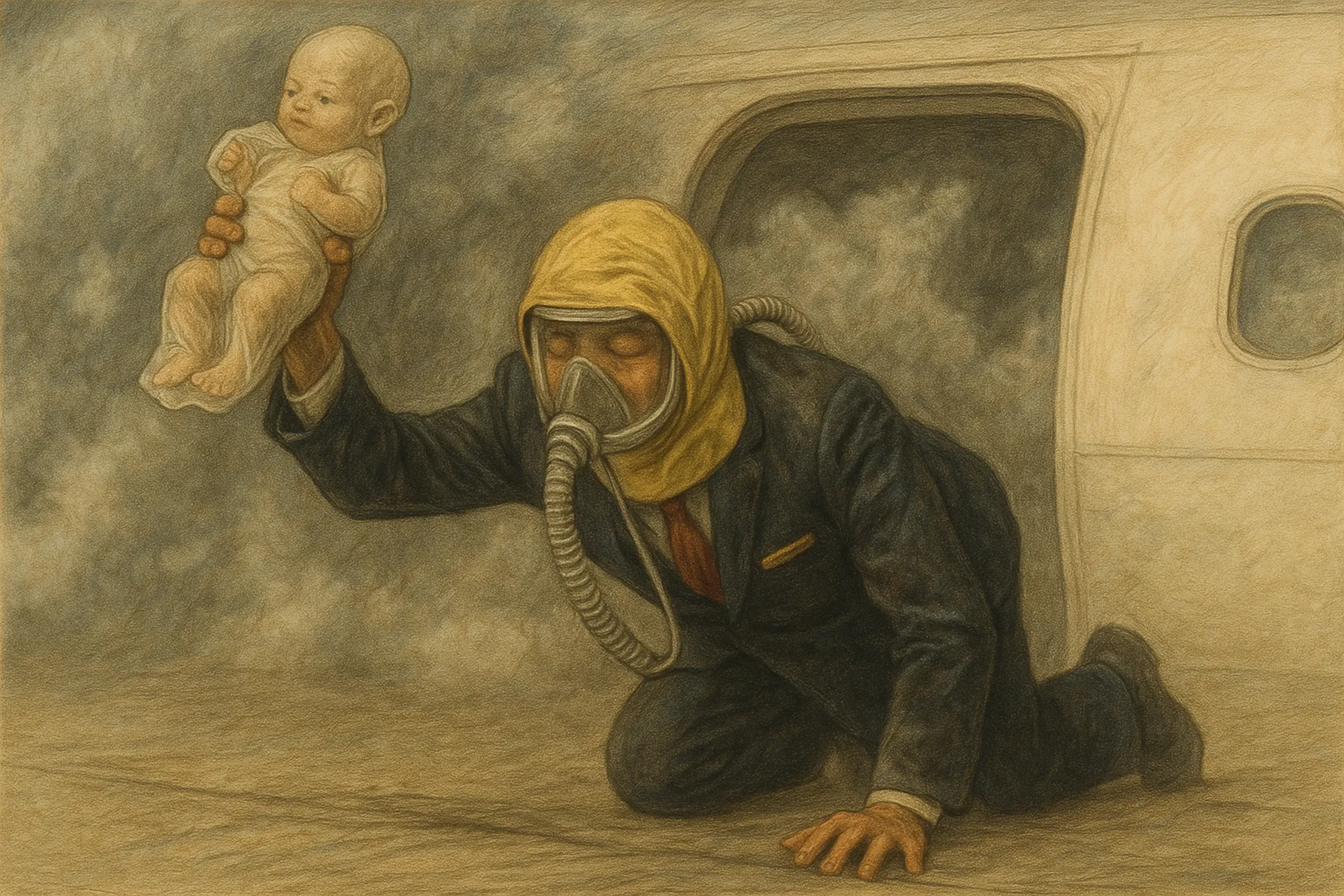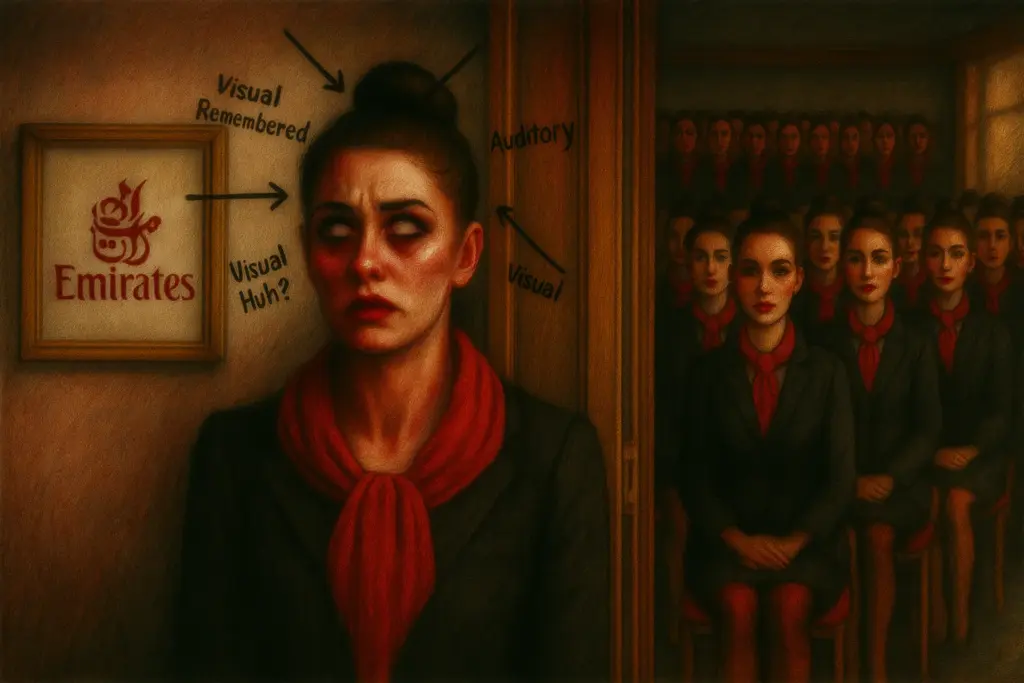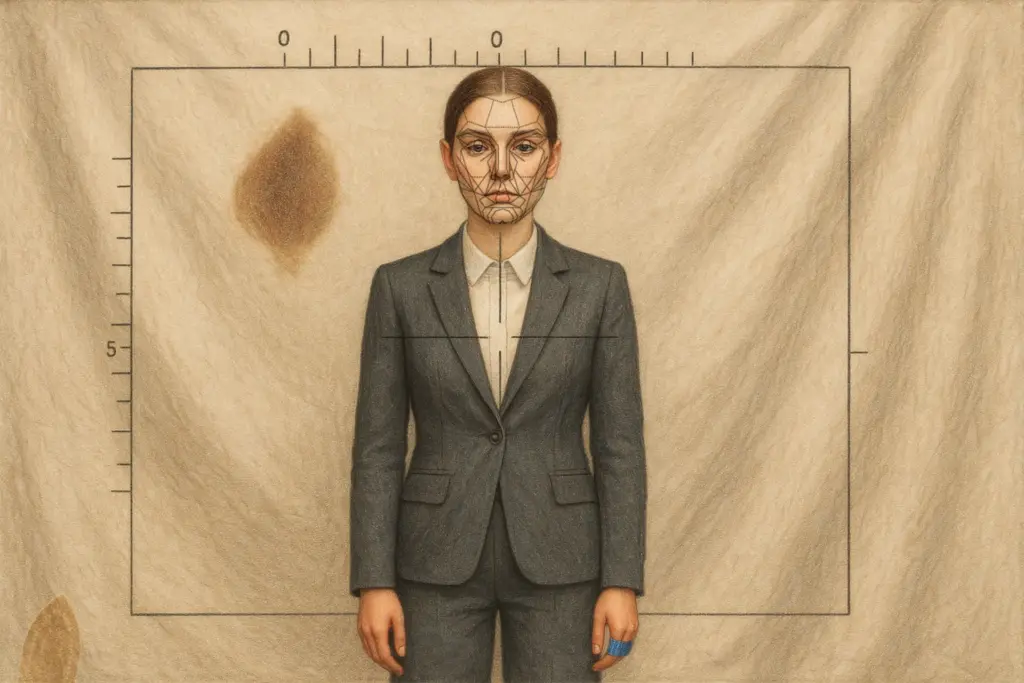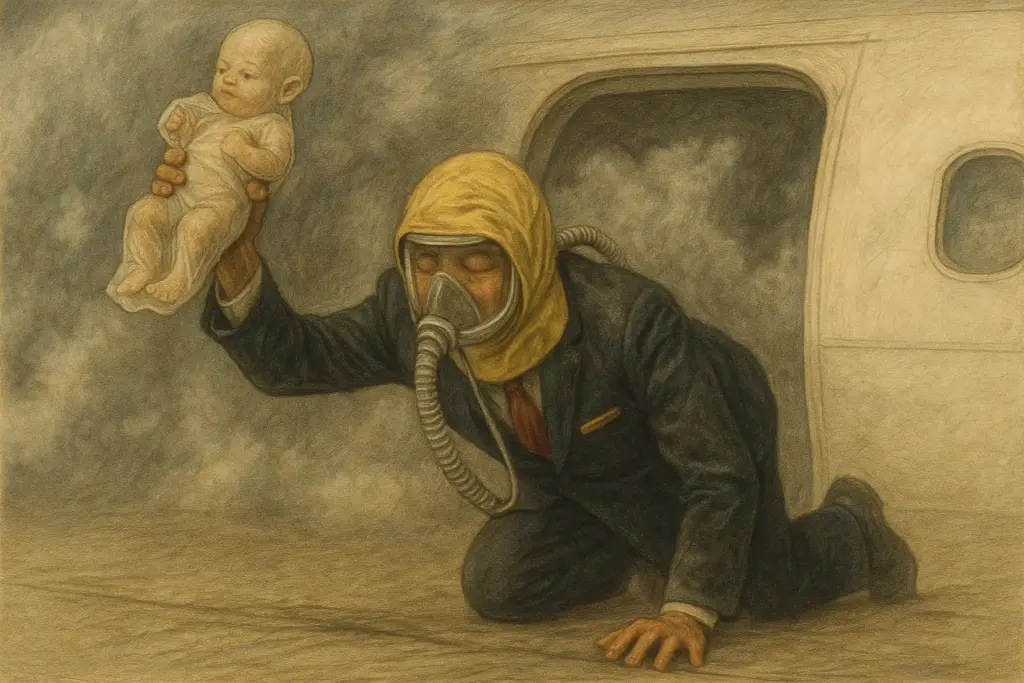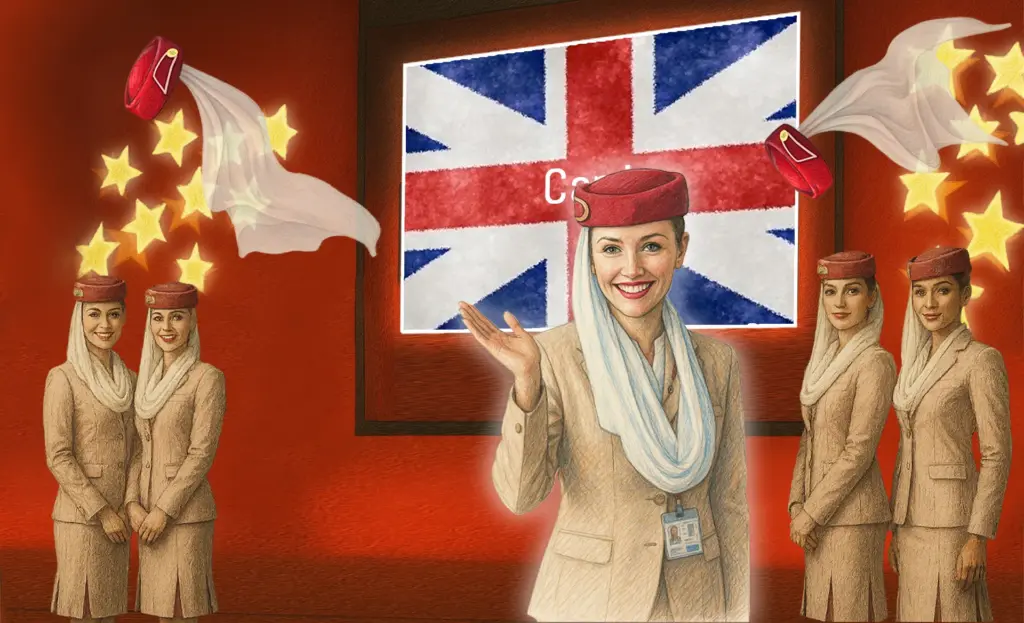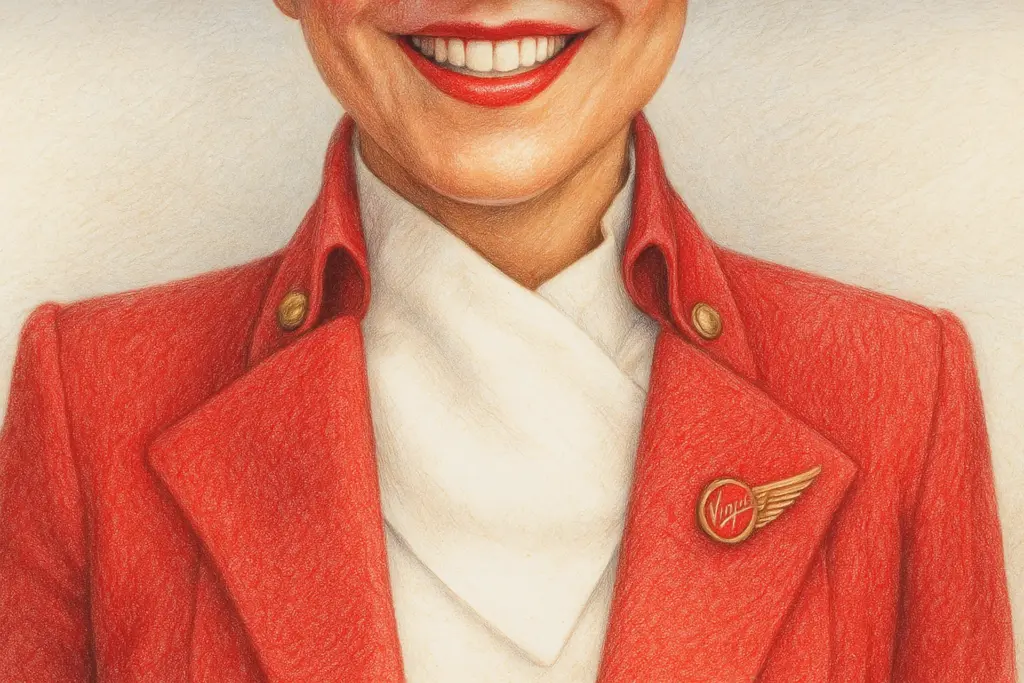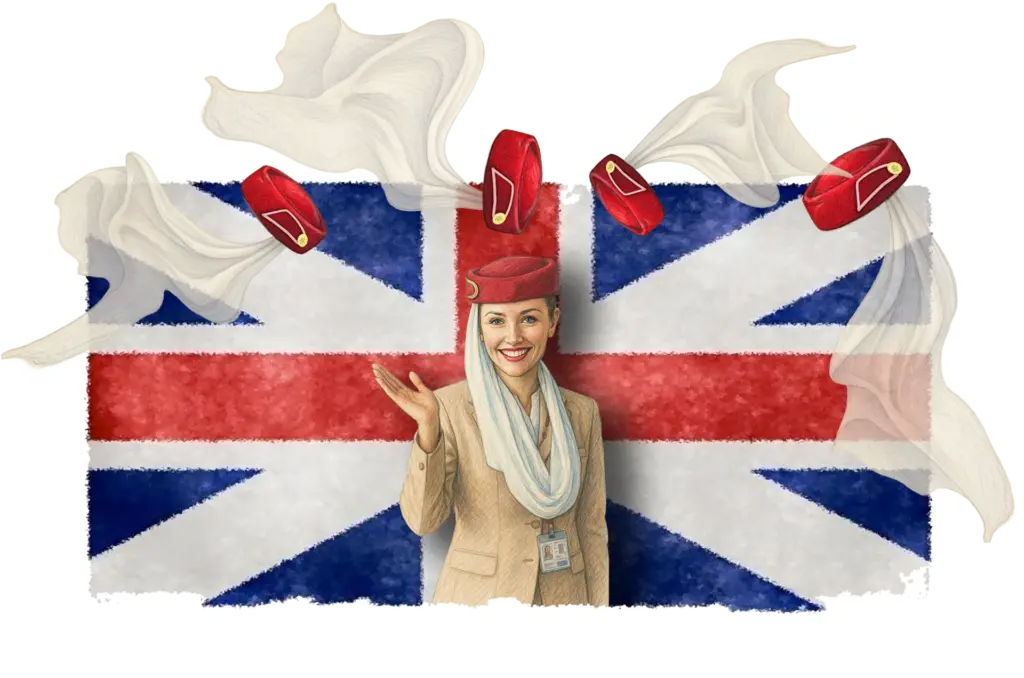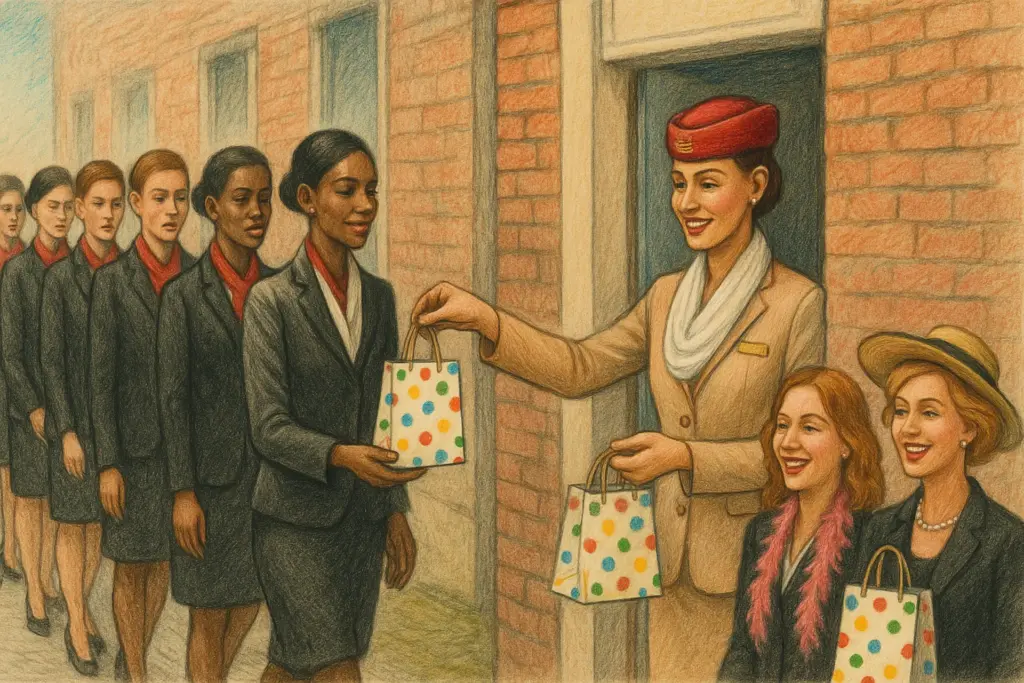
Copyright © 2025 Crew Crosscheck.
The Cabin Crew Interview Made Easy audio series. All rights reserved. Unauthorised copying, reproduction, or distribution is strictly prohibited.
Words: 646
Read Time: 3 minutes
Last Modified:
Answer: It depends how you use it
This morning I fell down a rabbit hole — a thread where someone asked:
“Is flight attendant school a scam?”
The top reply? “They are useless af.”
And, truth be told, I used to nod right along with that. Because airlines train you once you’re hired, don’t they? So why bother with training before the training?
That was my smug logic. Until I remembered the bit nobody tells you…
…airlines only train you if you make it through the hiring gauntlet.
And that gauntlet chews up 98% of hopefuls and spits them right back out.
If you’re a school-leaver, never having held responsibilities beyond remembering your PE kit, a cabin crew course can provide a tidy jet-bridge, transitioning you between the classroom and into the cabin.
It gives you a taste of responsibility, a sense of what the job really demands, and stories you can carry into the interview room to prove you’re more than “just out of school.”
So maybe the sharper question isn’t “Are they a scam?” but “Can they help me get hired?”
If you’re expecting some college programme to fairy-godmother you straight into a uniform… well, yes, sometimes that actually happens.
I sat on a call with one college whose ties to two big-name airlines were so strong, recruiters were plucking students straight out of class mid-semester.
Some schools build pipelines so irresistible recruiters circle them like jets in a holding pattern. And why? Because they churn out candidates who already “get it.”
Not useless. Not magic. But when the odds are 98-to-2 against you, even a slight edge can make all the difference.

They give you: the mindset, the awareness… and most importantly, the stories.
At interview, recruiters aren’t flicking through your certificates like they’re shopping for wallpaper samples. They’re hunting for evidence. Proof you can shoulder responsibility. Keep your head when things go sideways. Communicate under pressure without crumbling.
That’s where the right kind of training pays off.
Consider these two responses:
Example 1 — Evidence:
“Having never been responsible for others’ safety, I wanted to be sure I could handle it, so I enrolled in a cabin crew course.
One of the things that surprised me most was how, even in a controlled simulation, my body reacted as though it were a real emergency.
My heart raced, my breathing quickened, and I had to actively apply techniques I’d learnt through weekly meditation just to stay calm.
When we exited the smoke-filled cabin in full kit, I came out exhausted, but clear on two things: how the body reacts under stress, and how crucial self-control and clear commands are in a crisis.“
That isn’t “useless af”. That’s proof. Proof of self-awareness. Proof you tested yourself. Proof you are proactive and take the role seriously.
Example 2 — Speculation:
“You know, I’ve never had the opportunity to respond in a real crisis, but I do know I work well under pressure and tend to remain calm. For the past ten years I’ve been practising meditation, and that discipline has given me a practical toolkit for staying composed in high-stress situations.”
Only one of those answers demonstrates behaviour. The other just hopes for it.
Courses are just tools. Used well, they give you structured practice, feedback from people who speak fluent “airline,” and real-world examples you can smuggle straight into your interview. Used badly? They’re just another bullet point on a CV nobody reads.
There are no useless experiences.
At Crew Crosscheck, we teach you how to bridge the gap between classroom and cabin, how to flip “I did a course” into evidence of competence.
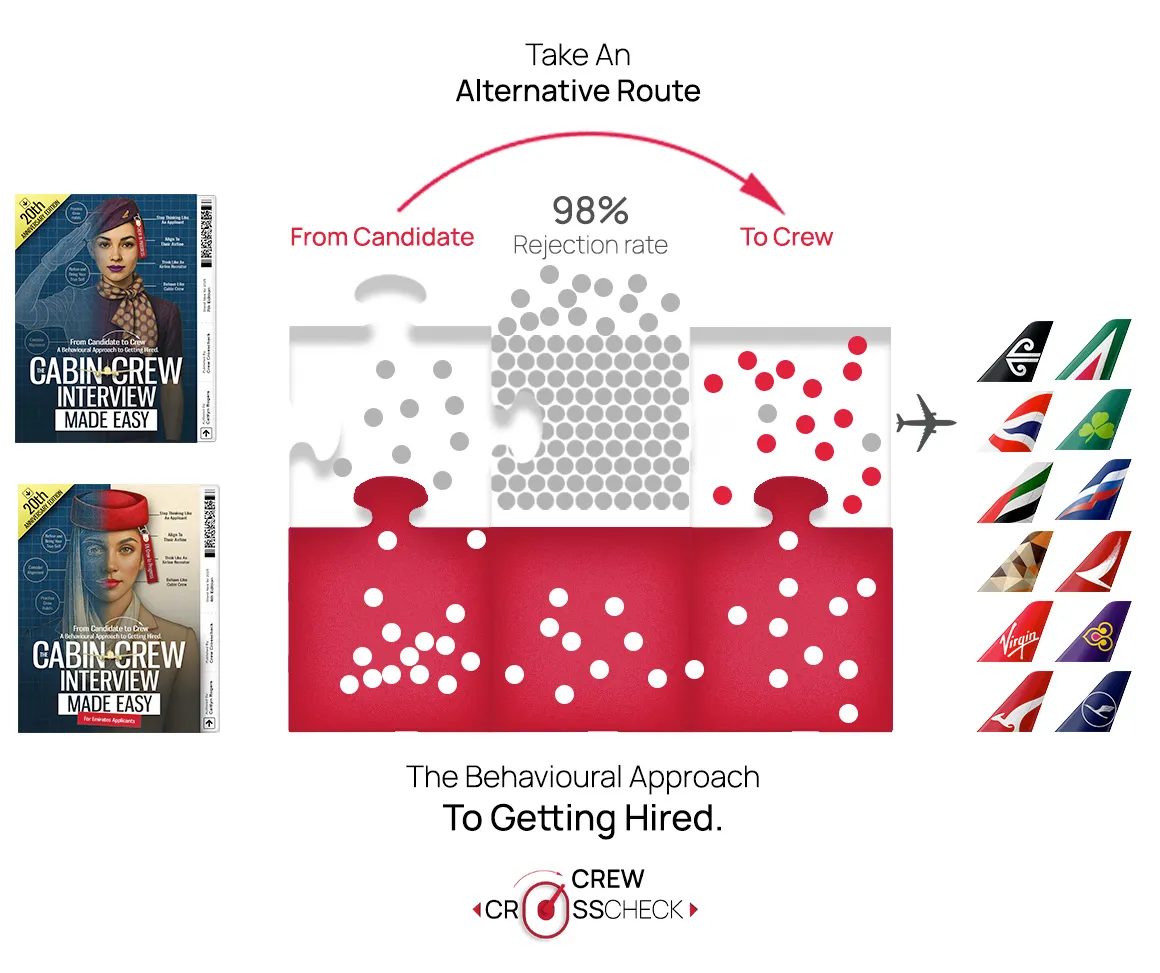
In the The Cabin Crew Interview Made Easy, you’ll learn how to turn your experience into compelling, airline-relevant stories — and take smart, proactive steps to close any gaps.

